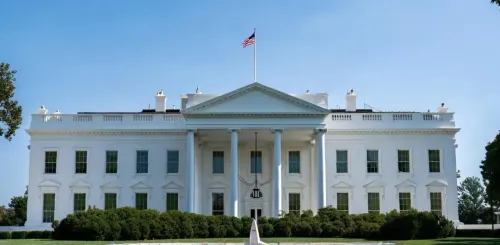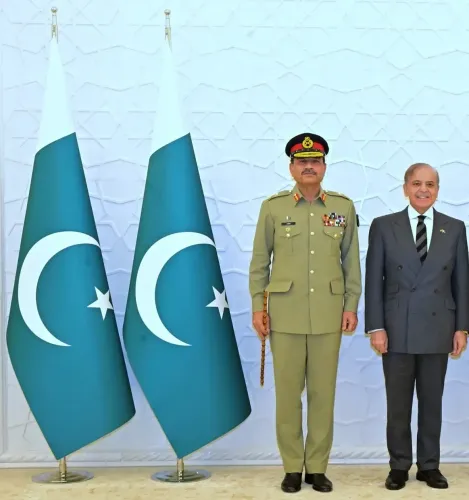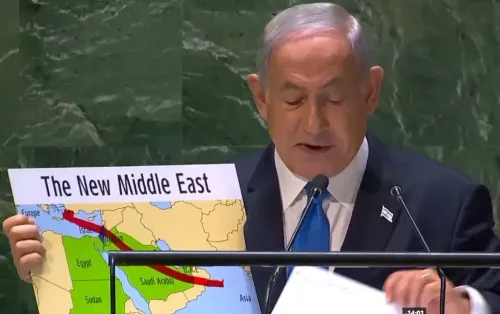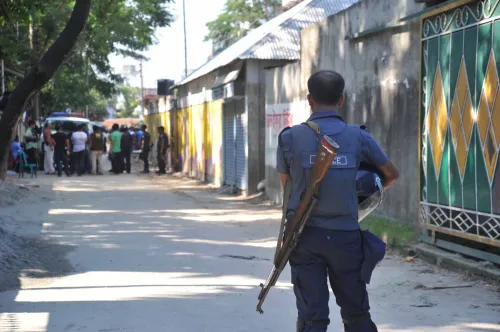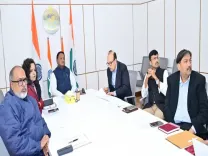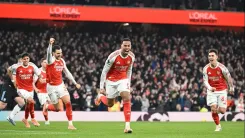What Issues Did EAM Jaishankar Raise at the BRICS Leaders Summit?
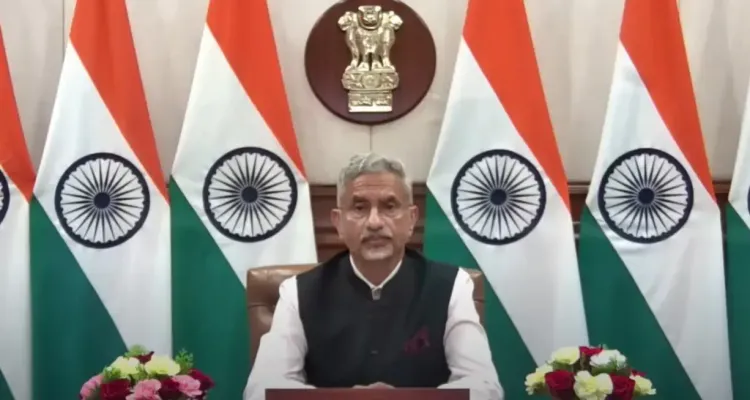
Synopsis
Key Takeaways
- Trade patterns and market access are critical global economic issues.
- Need for a cooperative and constructive approach to trade.
- Advocacy for a stable and predictable trade environment.
- Call for reforms in the United Nations Security Council.
- BRICS members aim to find common ground for mutual benefit.
New Delhi, Sep 8 (NationPress) External Affairs Minister (EAM) S Jaishankar emphasized the significance of trade patterns and market access as key issues in the global economic arena, advocating for a collective effort towards constructive and cooperative approaches to foster sustainable trade.
"The global community is in search of a stable and predictable environment for trade and investment. It is crucial that economic practices are fair, transparent, and beneficial for all parties involved. In times of multiple disruptions, our goal should be to shield against such shocks by establishing more resilient, reliable, redundant, and shorter supply chains. Additionally, democratizing manufacturing and production across diverse geographies is essential. This progress will enhance regional self-sufficiency and alleviate concerns during uncertain times," the EAM stated during the Virtual Summit of BRICS Leaders.
He remarked, "Trade patterns and market access are indeed prominent issues in today's global economic dialogue. We need to promote sustainable trade through constructive and cooperative methods. Increasing barriers and complicating transactions serves no purpose, nor does linking trade measures to non-trade issues. The BRICS can lead by example by analyzing trade flows among its member nations. For India, several of our significant deficits are with BRICS partners, and we have been advocating for swift resolutions. We trust that this realization will emerge as a takeaway from today's meeting."
The EAM highlighted that the international trading system is built on the fundamental principles of open, fair, transparent, non-discriminatory, inclusive, equitable, and rules-based approaches, with Special and Differential Treatment for developing countries. He asserted India's commitment to protecting and nurturing this system.
Discussing the ramifications of the Covid pandemic, conflicts in Ukraine and West Asia, fluctuations in trade and investment, and severe climate events, he expressed that the current state of the world is a genuine concern.
"Today's global situation is indeed alarming. Recent years have shown the devastating impacts of the Covid pandemic, significant conflicts in Ukraine and the Middle East/West Asia, fluctuations in trade and investment, extreme climate events, and a noticeable slowdown in the SDG Agenda. In light of these challenges, the multilateral system seems to be failing the world. The numerous serious stresses left unaddressed are understandably affecting the global order. This cumulative concern is precisely what BRICS is now deliberating," Jaishankar asserted.
He further added, "The BRICS members embody a wide variety of societies that are nonetheless profoundly influenced by these developments. Historically, our aim has been to find common ground among our national policies and act accordingly. Currently, we need to stabilize the international economy and global order while also addressing ongoing conflicts, particularly given their direct implications on development and supply chains. As we approach the next UN General Assembly session, discussing reforming multilateralism is timely."
EAM Jaishankar also underscored the urgent need for resolving ongoing conflicts. He noted that the Global South has faced deteriorating food, energy, and fertilizer security. The performance of international organizations in recent years has revealed major shortcomings, reinforcing India's call for reforms in the United Nations Security Council (UNSC).
"The functioning of international organizations has seen significant shortfalls in recent years. On critical issues, we've regrettably witnessed gridlocks that hinder the search for common ground. This experience has made the case for reformed multilateralism, particularly regarding the United Nations and its Security Council, more pressing. The BRICS has adopted a positive stance on this necessity for reform, and we anticipate it will collectively advocate for the long-awaited changes," he concluded.
The BRICS comprises 11 nations: Brazil, Russia, India, China, South Africa, Saudi Arabia, Egypt, United Arab Emirates, Ethiopia, Indonesia, and Iran. It functions as a political and diplomatic coordination platform for Global South countries across diverse sectors. As of January 1, Brazil officially took on the BRICS chairmanship for 2025.


